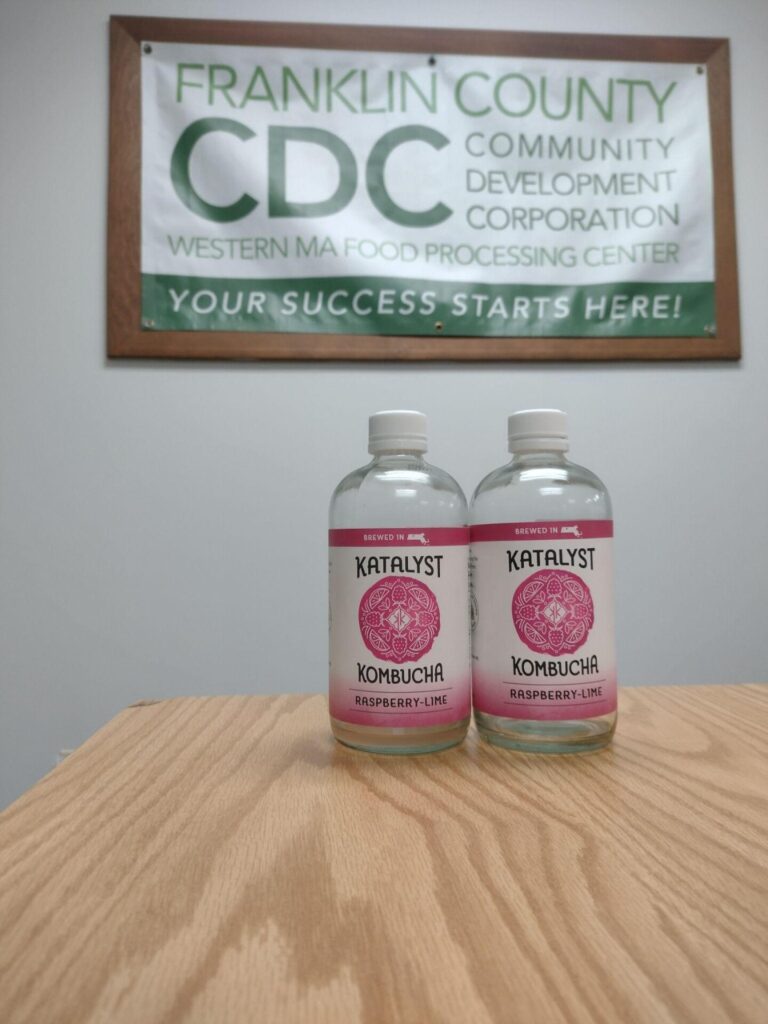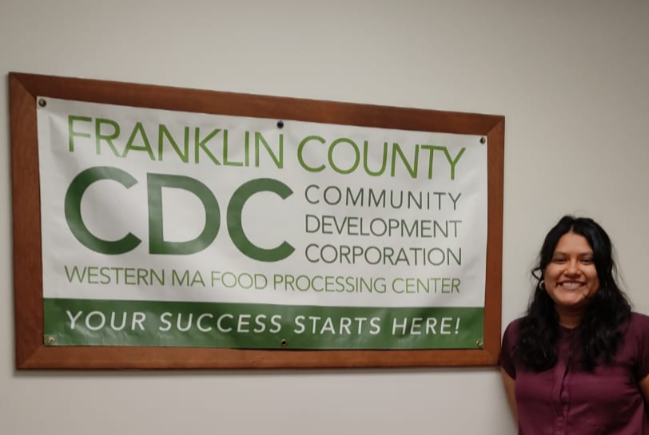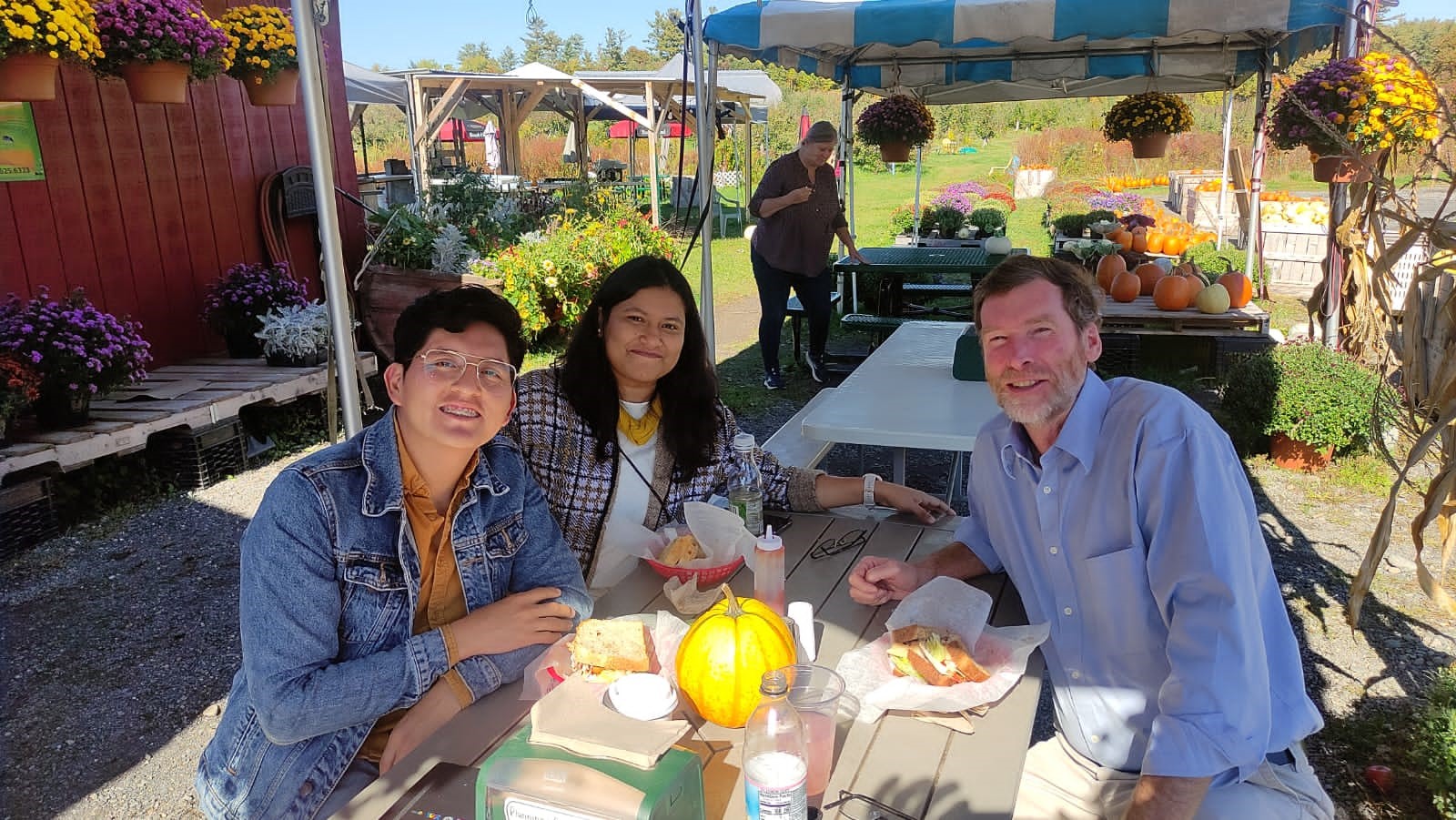By Paola Tiguila
 When describing what makes a great community, the definition often includes: love and respect for each other, extending a helping hand to our neighbors and taking care of shared spaces. While all of those are true, I have been able to witness another factor that makes a huge impact: economic empowerment for the community, generated BY the community itself.
When describing what makes a great community, the definition often includes: love and respect for each other, extending a helping hand to our neighbors and taking care of shared spaces. While all of those are true, I have been able to witness another factor that makes a huge impact: economic empowerment for the community, generated BY the community itself.
While walking on Greenfield´s main street, you won’t be able to find any major store chain. Instead, we go grocery shopping at the local Coop market. This local market promotes organic people- and earth-friendly foods and products, and focuses on local brands.
Some of the brands we are able to find there are actually part of the co-manufacturing program offered by the Franklin County Community Development Corporation (FCCDC). I have been lucky enough to be assigned FCCDC as my host organization for 4 weeks as part of the Professional Fellows Program.
FCCDC is an economic development nonprofit organization that provides business development education, access to capital and manufacturing space for food-based businesses. Through some of their programs, community members can invest in local businesses who will receive assistance from FCCDC to grow their business and use investments wisely.
During our first week, we visited Hager’s Farm Market, a family owned and operated farm stand and restaurant in Shelburne Falls, Massachusetts. Among their inventory they have grass-fed beef, fresh local produce, and home-made baked goods. We also had the opportunity to sit down and talk with Chip Hager, co-owner of Hager’s Farm Market. It was very captivating hearing about his success story as an entrepreneur and how that he now has the means, he is able to help promote other local brands and entrepreneurs. This leads me to another community empowerment success story: Katalyst Kombucha.


This beverage is available at Hager’s Farm Market, and upon visiting the Market I immediately recognized their brand since I had been seeing their logo at FCCDC’s food processing facilities. The FCCDC started working with them as part of the co-manufacturing program but the Kombucha business continued scaling up and now they have their own processing space. An interesting aspect about this company is that they are a worker-owned cooperative who uses products from small growers, putting their grain of sand towards community development. As you can see, this fellowship has allowed me to be surrounded by great examples of community working for progress, which has been more than an inspiration for what I envision for my community.
All opinions expressed by the program participants are their own and do not represent nor reflect official views from the Bureau of Educational and Cultural Affairs of the U.S. Department of State, or of the Institute for Training and Development, Inc.




